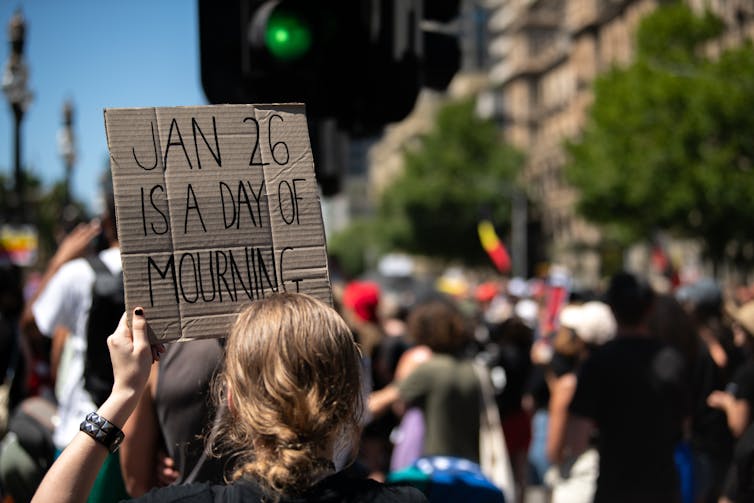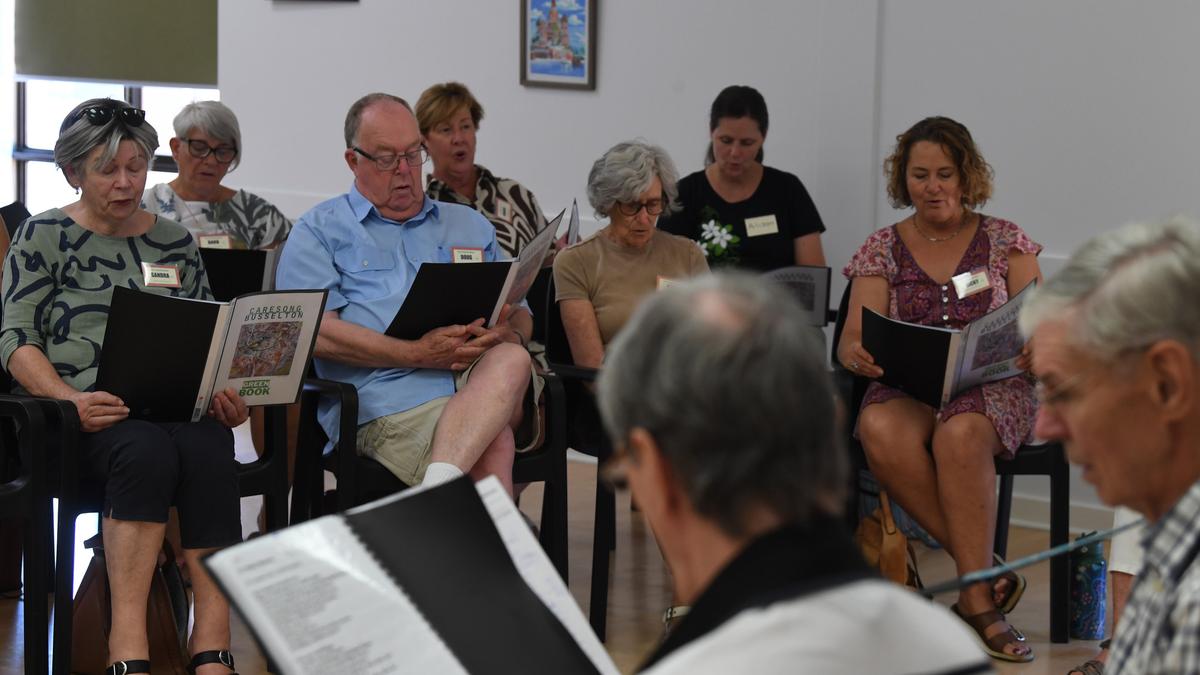
Popular author Stephen King has issued an apology after incorrectly stating that conservative activist Charlie Kirk had “advocated stoning gays to death.” King’s comments came just hours after Kirk was shot and killed during an event at Utah Valley University on March 27, 2024. The 77-year-old writer made the claim in a now-deleted post on social media platform X in response to a tribute from television host Jesse Watters.
The backlash was swift, with many pointing out that Kirk had never made such statements. Among the critics was politician Ted Cruz, who described King as a “horrible, evil, twisted liar” motivated by hatred. In the face of this criticism, King later apologized on X, stating, “I apologize for saying Charlie Kirk advocated stoning gays. What he actually demonstrated was how some people cherry-pick Biblical passages.”
King acknowledged that he had not verified the information before posting, saying, “The horrible, evil, twisted liar apologises. This is what I get for reading something on Twitter without fact-checking. Won’t happen again.”
In addition to his comments about Kirk, King had earlier remarked on X that the activist’s death represented “another example of American gun violence.” He drew comparisons between Kirk’s murder and those of notorious assassins, stating, “Lee Harvey Oswald, James Earl Ray, and the murderer of Charlie Kirk: Cowards who shot from ambush.”
The alleged shooter, Tyler James Robinson, a 22-year-old from Washington, Utah, was taken into custody on suspicion of aggravated murder, felony discharge of a firearm causing serious bodily harm, and obstruction of justice. According to a probable cause statement released on March 29, 2024, Robinson’s family indicated that he had “confessed” or implied involvement in the shooting.
Utah Governor Spencer Cox addressed the media following Robinson’s arrest, noting that family members described him as becoming increasingly political in recent years. “They talked about why they didn’t like him and the viewpoints that he had,” Cox said, referring to a family dinner where Robinson expressed disdain for Kirk and labeled him as “full of hate and spreading hate.”
The events surrounding Kirk’s death and King’s subsequent remarks have sparked significant discussion around both the impact of political rhetoric and the pervasive issue of gun violence in America.






